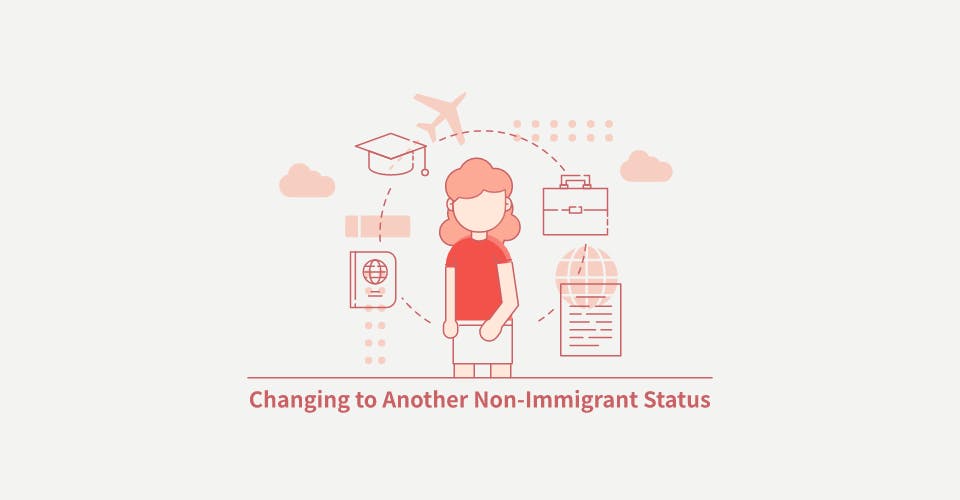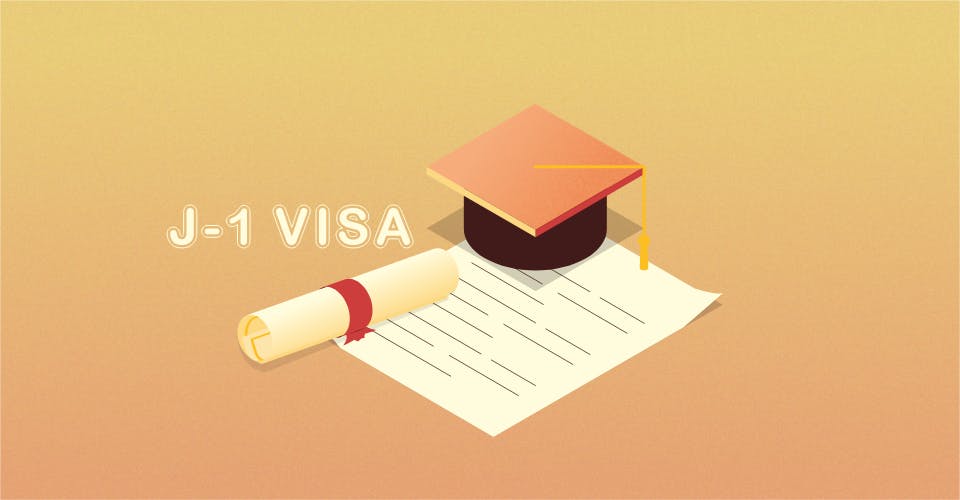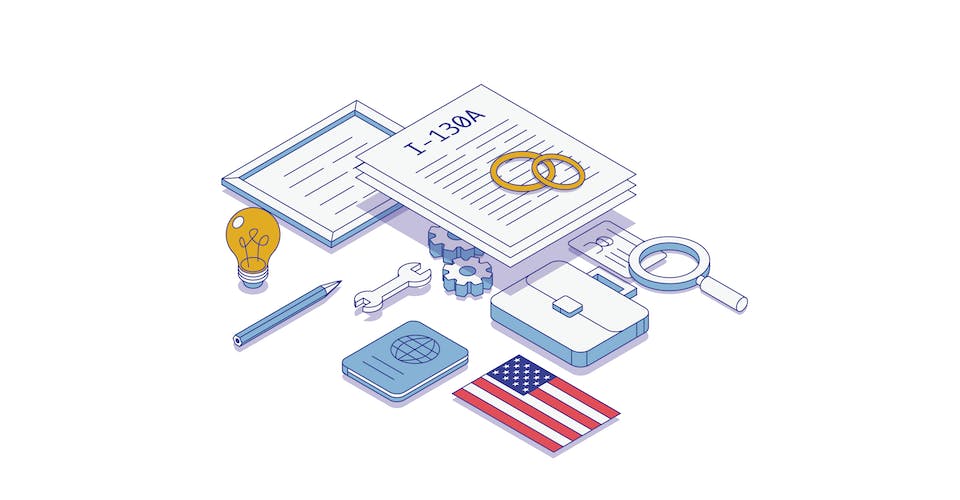The Affidavit is part of the required checklist of documents that is needed for the applicant’s immigration package. As such, this document helps the USCIS that the applicant in question is likely to not become a public charge when they take up residence in America.
The Affidavit is primarily a financial document, asking the sponsor for their income, profession, and other information that pertains to their household size and their socio-economic status. Upon completing this document, the USCIS might scrutinize over details especially in the financials section. In order to avoid a denial by the USCIS or an RFE—Request for Evidence, follow these steps:
1. Listing the correct household size.
Although it may seem like a simple calculation, this step can be easily done wrong. Your household size should include all of the following:
- Yourself (the sponsor)
- Your spouse if you are currently married or married at the time of filing
- Your dependent unmarried children who are under the age of 21
- If you have any other dependents listed on your most recent federal tax return, even if they are not related to you
In this way, your household size does not always directly correlate to the amount of people present in your home. Be sure to include these four categories or the USCIS will almost certainly send an RFE as your income levels combined with your household size might not match up (in terms of federal poverty index).
2. Not knowing when/how to include a joint sponsor
There is some confusion in the immigration process that a “joint sponsor” needs to be part of the immediate family of the immigrant who is seeking legal status/green card in the United States. This need not be true. A joint sponsor does not have to be immediately related to the immigrant who is being petitioned on behalf of.
However, the joint sponsor, if requested does need to file their own I-864, and at the top of the form make sure that they Check the correct box. Federal poverty guidelines along with immigration law demand that a joint sponsor be added to the application if the first sponsor has lost their job, or has a decent job but due to the total household size would not be able to support the applying immigrant substantially.
In addition, joint sponsors should not make the mistake of filling out an I-864A, as this is the “Contract Between Sponsor and Household Member”.
Additionally, some sponsors might be inclined to think that with their assets, they will not need a joint sponsor. In other words, there income + assets should be enough for the Affidavit. However, this create even more problems for some sponsors. This is because when it comes to assets, many applicants fail to record the true value of their home because they do not include the loan amount they need to pay off. This will certainly trigger an RFE from the USCIS.
3. Anticipated Income Question
There is a consensus amongst immigration lawyers that in Part 6 of the I-864 application, sponsors tend to misunderstand one line of questioning, as RFE are common because of this section. Specifically, when the I-864 asks the applicant to “indicate their current individual annual income” the USCIS is referring to:
1. The amount that the sponsor is currently earning, and approximating that amount for a full calendar year (best estimate).
2. Before taxes.
3. Not combining this with any other income (such as a spouse).
If the anticipated amount is more than what the sponsor paid taxes on in the last fiscal year, the sponsor should also include paystubs, or a not from the employer indicating the current pay rate.














